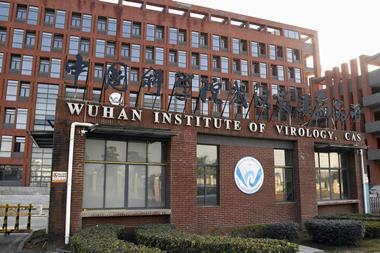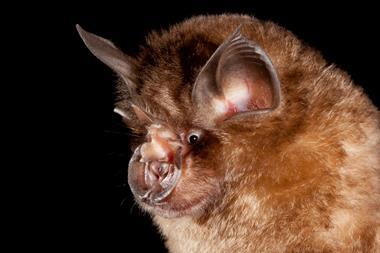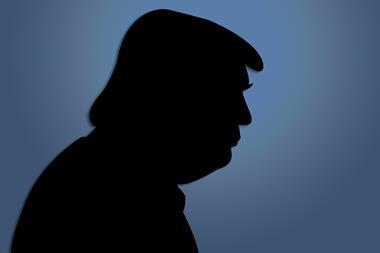Political pressure almost certainly played a part in the US National Institutes of Health (NIH) sudden termination of a grant it had awarded to the Wuhan Institute of Virology (WIV) in China for joint research on coronaviruses in bats and their potential to jump into humans. The project, which was cancelled in late April, had come under public attack from President Trump and some Republican lawmakers in the preceding weeks.
Originally funded by the Obama administration with a $3.7 million (£2.98 million) grant that was held by the New York-based non-profit EcoHealth Alliance, the project was criticised because it supported joint research activities with WIV. Some senior political figures have claimed, without evidence, that the WIV is the source of the virus, rather than the Wuhan wet market.
EcoHealth Alliance said the terminated grant aimed to analyse the risk of coronaviruses and help to design vaccines and drugs against them. The organisation noted that genetic sequences of two bat coronaviruses that were discovered during the course of this project have been used as lab tools to test the antiviral drug remdesivir, which was approved by the US Food and Drug Administration as an emergency treatment for Covid-19 on 1 May.
The US Office of the Director of National Intelligence issued a statement* on 30 April on the origins of the novel coronavirus, confirming that the American intelligence community is investigating whether the Covid-19 outbreak might be ‘the result of an accident at a laboratory in Wuhan’. The office did emphasise that the US intelligence community ‘concurs with the wide scientific consensus that the Covid-19 virus was not manmade or genetically modified’, referring to debunked conspiracy theories that the novel coronavirus was deliberately created in a Wuhan lab.
Additional information
* The original statement is no longer available, but an updated assessment on Covid-19 origins was later published by the Office of the Director of national intelligence here.

















2 readers' comments